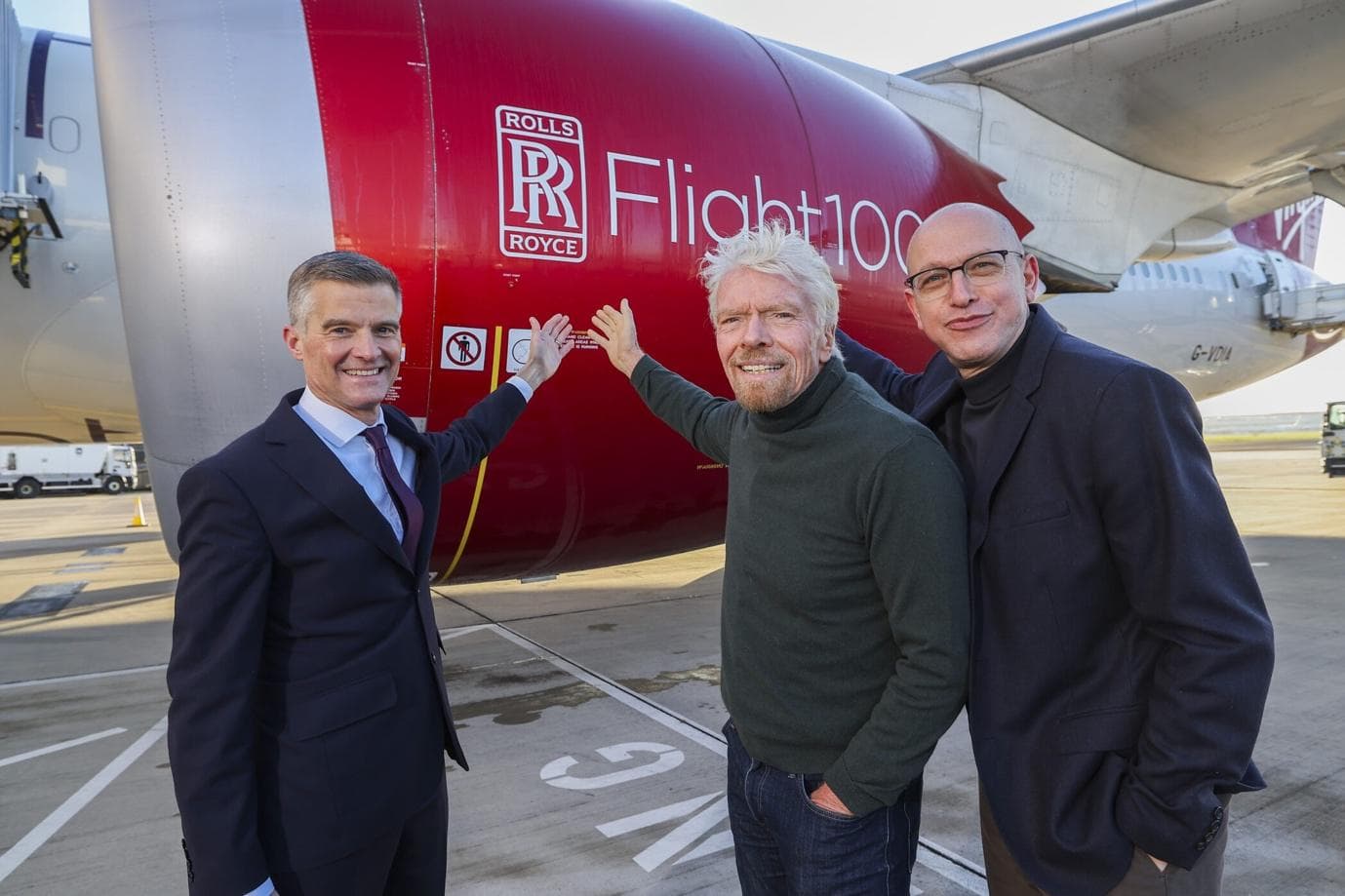The first successful sustainable trans-Atlantic flight. What does Flight100 mean for the transformation of the aviation industry?

Virgin Atlantic’s “Flight100” made headlines last month for being the first transatlantic commercial flight using 100% sustainable aviation fuel (SAF).
Flying from London Heathrow to JFK in New York City, this marks a major breakthrough for the aviation industry in the push toward net-zero by 2050. However, just over a week before this highly publicised event, Gulfstream Aerospace Corp. had already completed their own transatlantic flight with 100% SAF.
A list of 100% SAF flights (non-exclusive):
- 28th Nov 2023 – Virgin Atlantic Boeing 787 – first transatlantic flight on a commercial aircraft using 100% SAF in both engines
- 19th Nov 2023 – Gulfstream Aerospace G600 – Savannah/Hilton Head International Airport, USA to Farnborough Airport – first transatlantic flight powered by 100% SAF in both engines
- 16th Nov 2022 – Royal Air Force RAF Voyager – first 100% SAF flight on a military aircraft and first 100% SAF flight in the UK
- 21st June 2022 – Braathens Regional Airlines (Sweden) ATR 72-600 – first test flight on a commercial aircraft using 100% SAF in both engines
- 1st Dec 2021 – United Airlines Boeing 737 MAX 8 – first commercial flight with passengers using 100% SAF in one engine
The historic Virgin Atlantic flight is, in fact, a true display of innovation, but it comes after years of SAF development and significant milestones. It made a statement to the world that commercial air travel with alternative fuels is achievable and paves the way for the future of SAF. On the other hand, it is deemed by some as simply a publicity stunt, a gimmick – and the critics do have valid arguments.
SAF, being compatible with existing aircraft engines, is an immediate “drop-in” solution while hydrogen and electric planes are still nascent technologies going through research and development. Industry experts and regulators recognise that SAF is crucial to achieving net-zero goals, but that’s not to say there are no drawbacks and limitations.
The current technologies to produce SAF are highly energy intensive, and the feedstocks used are in limited supply. The SAF created from today’s methods do not come cheap. In addition, there are simply not enough SAF plants to meet sky-high demands.
Yes, while the world’s “first” transatlantic SAF flight is noteworthy, we must not overlook the milestones leading up to it. We must also keep the wheels turning and invest in SAF development to make it widely available in order for SAF mandates to be met.
Avioxx is developing a novel system to produce SAF at scale at a fraction of current costs. To learn more about Avioxx and the Avioxx process, please get in touch at info@avioxx.com